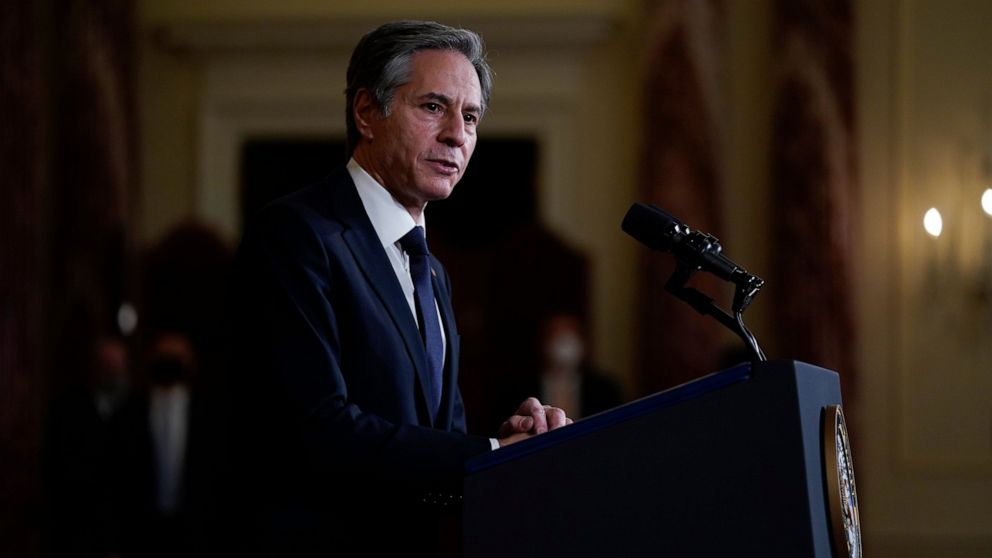
The Biden administration ends agreements with three Central American countries that were part of an effort to restrict asylum under President Donald Trump
WASHINGTON – The Biden administration is pulling the US out of agreements with three Central American countries that have limited people’s ability to seek asylum at the southwest border, as part of a broad effort to reverse President Donald Trump’s immigration policy .
Secretary of State Antony Blinken said Saturday that the government had notified El Salvador, Guatemala and Honduras of the formal process of ending agreements that were part of Trump’s attempt to restrict asylum.
“The Biden government believes there are more appropriate ways to work with our partner governments to manage migration across the region,” Blinken said in a statement announcing the immediate suspension of the agreements and their eventual termination.
The Secretary of State said the government plans to work with Central American countries to reduce some of the insecurity and poverty that cause people to flee in the first place, while ensuring the security of the country. US border is maintained.
“To be clear, these actions don’t mean the US border is open,” he said. “While we are committed to expanding legal avenues for protection and opportunity here and in the region, the United States is a country with borders and laws that must be enforced.”
The Trump administration urged Central American countries to accept the agreements as a way to reduce the number of people seeking asylum in the United States. Critics said it amounted to a US withdrawal from its obligations under international law to help people fleeing persecution, as none of the three countries could credibly offer refuge.
Since the start of the pandemic, the US has swiftly deported almost anyone who has been apprehended at the border or sought asylum under a public health law to prevent the spread of COVID-19.
President Joe Biden on Tuesday signed a series of executive orders ending or revising Trump’s immigration policy. He also set up a task force to reunite Central American families who had been forcibly separated at the border in 2018 under a zero-tolerance program.